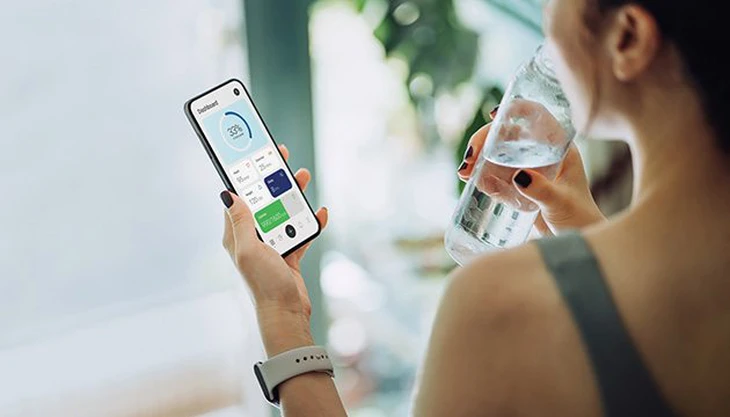
Health app tracks your health and... personal data - Illustration: peacehealth.org
Health apps , from smartwatches to sleep trackers, are becoming your best friend, promising to help you live a healthier life. But did you know that behind the pretty numbers and graphs, these apps are secretly collecting your most private information, sometimes even more than your loved ones?
The giant data collection machine
Health tracking apps are becoming increasingly popular. They help users monitor their steps, heart rate, sleep, and calorie intake. But behind these familiar utilities lies something that few people realize: these apps know a lot about you, sometimes even more than your loved ones.
When you wear a smartwatch, open an app that measures your heart rate, or check your sleep , you’re helping yourself become healthier, which is what everyone believes. But in reality, you’re also silently sharing personal life data every day.
Your steps, the time you sit, the time you sleep, the time you eat, even your recorded emotions… are all stored, analyzed and transferred to a server in a place you don't know about.
Apps often ask you to “agree” or “permit” this or that. Have you checked what you’re allowing them to do? Many apps ask for access to your location, microphone, camera, contacts, and even your phone’s notifications. They say it’s for a “better experience,” but in reality, they’re collecting a ton of data that has nothing to do with your health—like where you are, who you’re talking to, and even what you’re saying!
A survey from the Mozilla Foundation found that more than 80% of popular health apps are not transparent about their data use . Many also share user information with third parties like advertisers, insurers, or behavioral analytics partners.
Help you live well or turn you into a digital product?
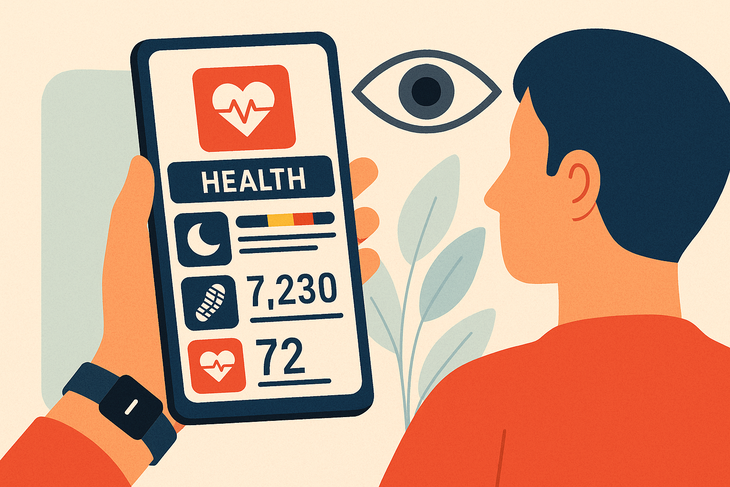
Health app description image
Unlike financial data or personal information, health data is considered a "gold mine" of the medical technology industry. It reveals not only behavior but also living habits, psychological state, resistance - things that are extremely valuable to insurance companies, health care and advertisers.
Not only is your data being collected, many people are also being manipulated by health apps without realizing it. Apps that tell you about poor sleep make you feel anxious even when you feel fine. Apps that warn you about lack of exercise make you feel guilty and guilty. Gradually, you stop feeling your body naturally and instead live according to a lifeless statistic.
This phenomenon is known to experts as “data stress” – when users become obsessed with metrics, leading to stress rather than wellness.
To be fair, however, health apps offer many benefits: exercise reminders, sleep monitoring, early detection of disease. But like any technology, they need to be used properly and in moderation.
Remember this: in a world where everything from your sleep to your breathing is digitized, privacy is in the phone you hold every day.
How to protect data when using health apps
For health tracking apps in general, users should do the following to protect themselves and their personal data:
- Only download apps from trusted sources.
- Review permissions carefully before installing.
- Turn off unnecessary permissions (location, microphone, contacts…).
- Clear data periodically if you no longer use the app.
- Avoid relying solely on indicators to assess health.
Source: https://tuoitre.vn/app-suc-khoe-dang-theo-doi-ban-nhieu-hon-ban-nghi-20250606111344431.htm








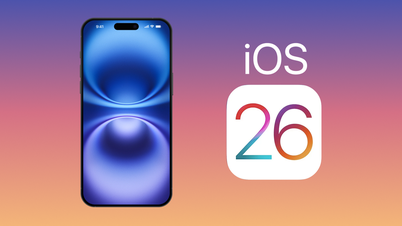


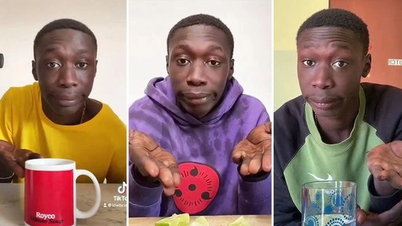


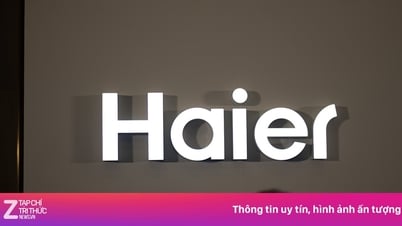










































































![[OCOP REVIEW] Tu Duyen Syrup - The essence of herbs from the mountains and forests of Nhu Thanh](https://vphoto.vietnam.vn/thumb/402x226/vietnam/resource/IMAGE/2025/6/5/58ca32fce4ec44039e444fbfae7e75ec)





Comment (0)